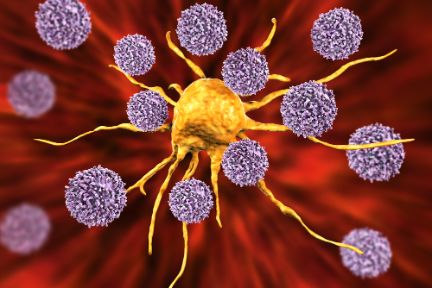How can colon cancer be prevented? The first step in preventing colon cancer is to understand what it is and what you can do to prevent it. You may have certain risk factors, which increase your risk of developing the disease. These risk factors can affect how the disease develops, but they do not cause it. If you suspect that you are at risk for colon cancer, speak with your doctor about how you can prevent it. Some changes can be made to your lifestyle and your diet.
A blood test is not a reliable indicator for colon cancer, although a complete blood count can show some altered blood parameters. Reduced hemoglobin levels are correlated with symptoms of colon cancer. Recently, a blood test based on DNA is approved for colon cancer screening. This test tests for the altered SEPT9 gene. Screening for colon cancer also includes stool tests and a colonoscopy. For the latter, the doctor may also perform some tests on a person’s stool to determine if a person has colon cancer.
Patients who have stage 0 colon cancer are treated with surgery. Surgery is the first line of treatment for this type of cancer. If it has not spread beyond the colon’s inner lining, it is considered stage 0 colon cancer. Local excision involves the removal of a polyp while segmental colectomy removes part of the colon. If the tumor is too large for a local excision, a doctor may recommend a segmental colectomy.
The cancer begins in the large intestine. It is a long tube-like structure located near the rear end of the digestive system. It plays an important role in digestion, extracting key nutrients and fluids from the food you eat. It also excretes solid waste from the body. If you are affected by colon cancer, you should seek treatment right away. You can also take steps to prevent it. So, start by eating healthy and reducing your risk of colon cancer.
Patients with stage III or IV colon cancer should undergo chemotherapy. This improves their chances of survival and reduces the risk of recurrence. Surgery can cure stage I or stage II colon cancer. It removes a section of the colon along with any lymph nodes near it. Before and after surgery, the patient may receive chemotherapy. If the cancer has spread to the liver, a doctor may also recommend a hepatic artery infusion.
Surgery for colon cancer is usually an option for patients who have advanced stage disease. Surgical treatment may involve removing part of the colon and the tumor, as well as lymph nodes nearby. Sometimes, radiation therapy is used as a supplement to surgery. This treatment is usually effective, with a low risk of side effects. Although it can cause severe side effects, it can also give patients a high quality of life. You will want to discuss treatment options with your doctor before choosing a treatment option.









